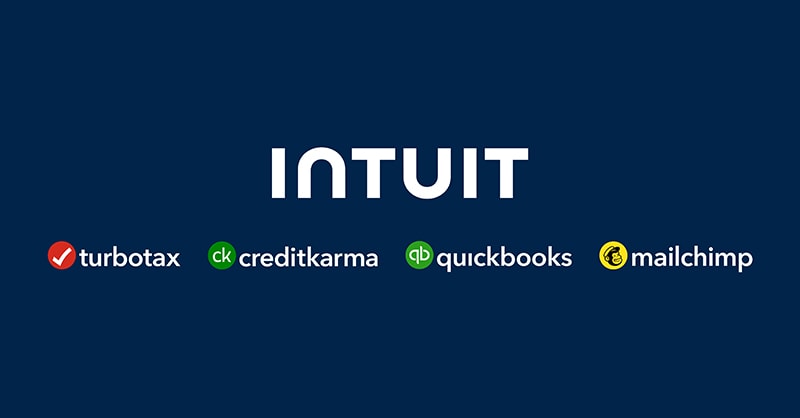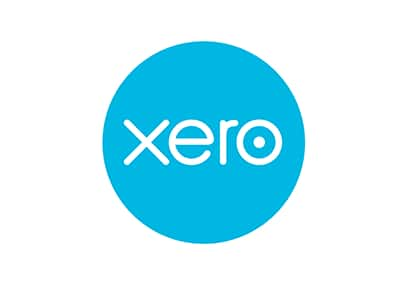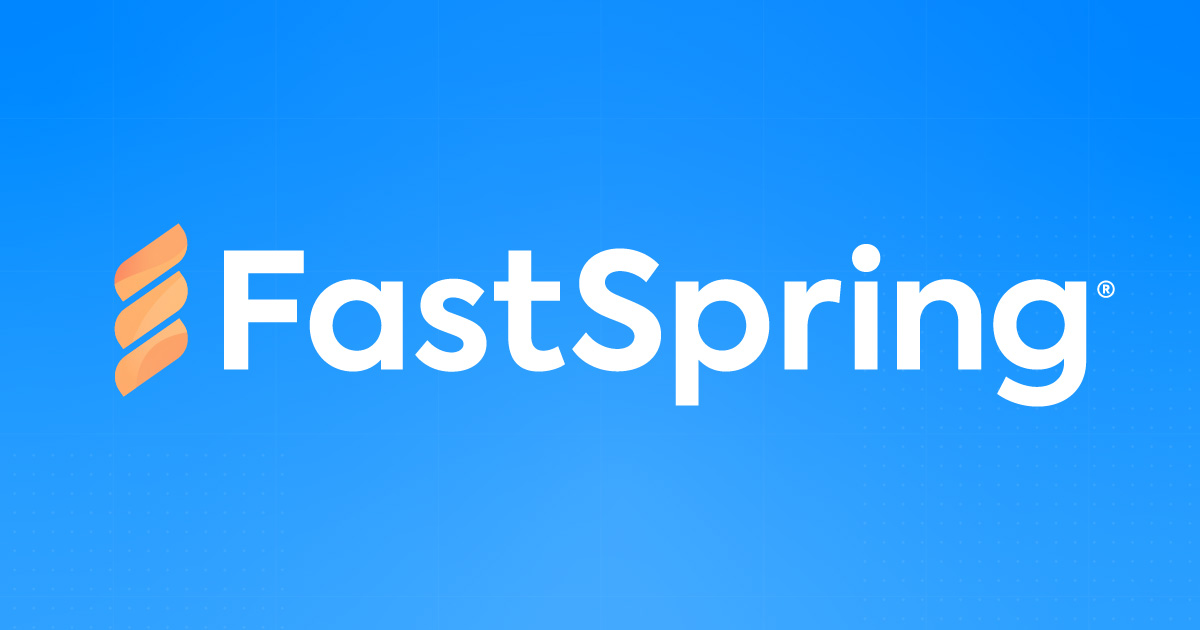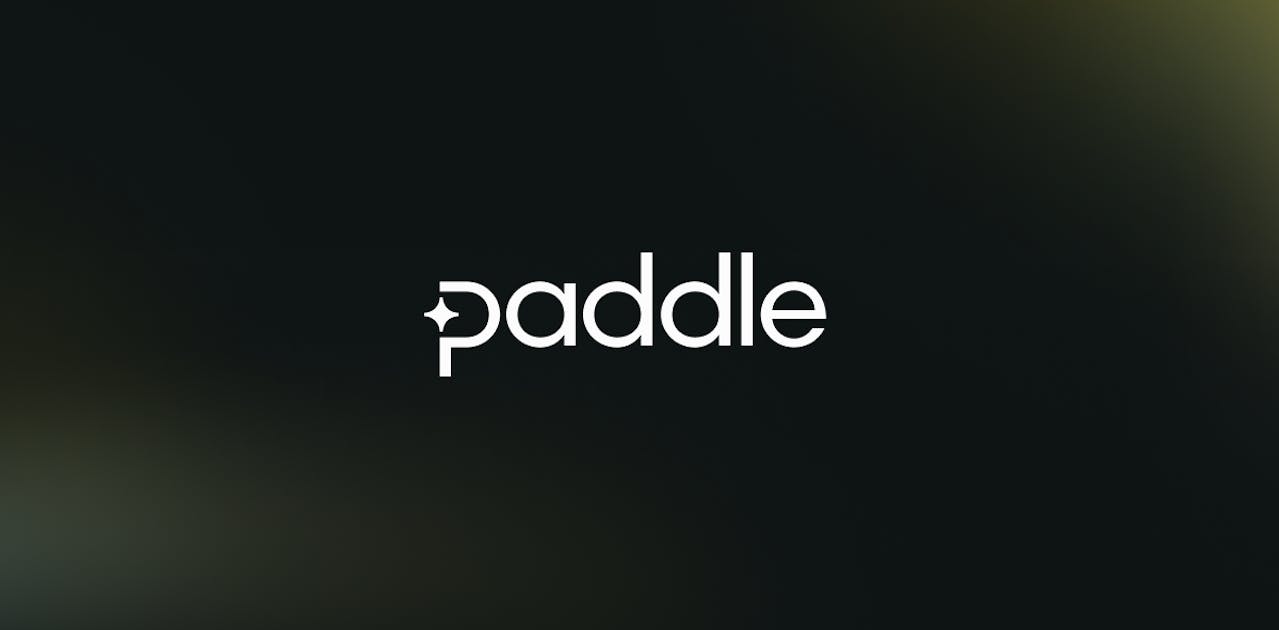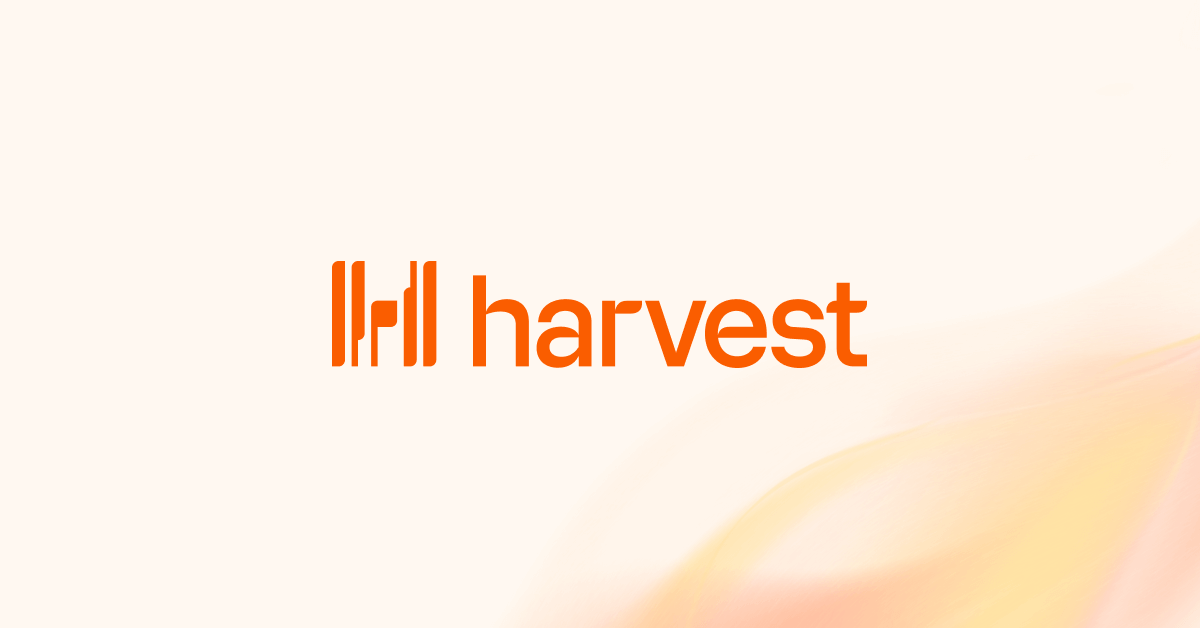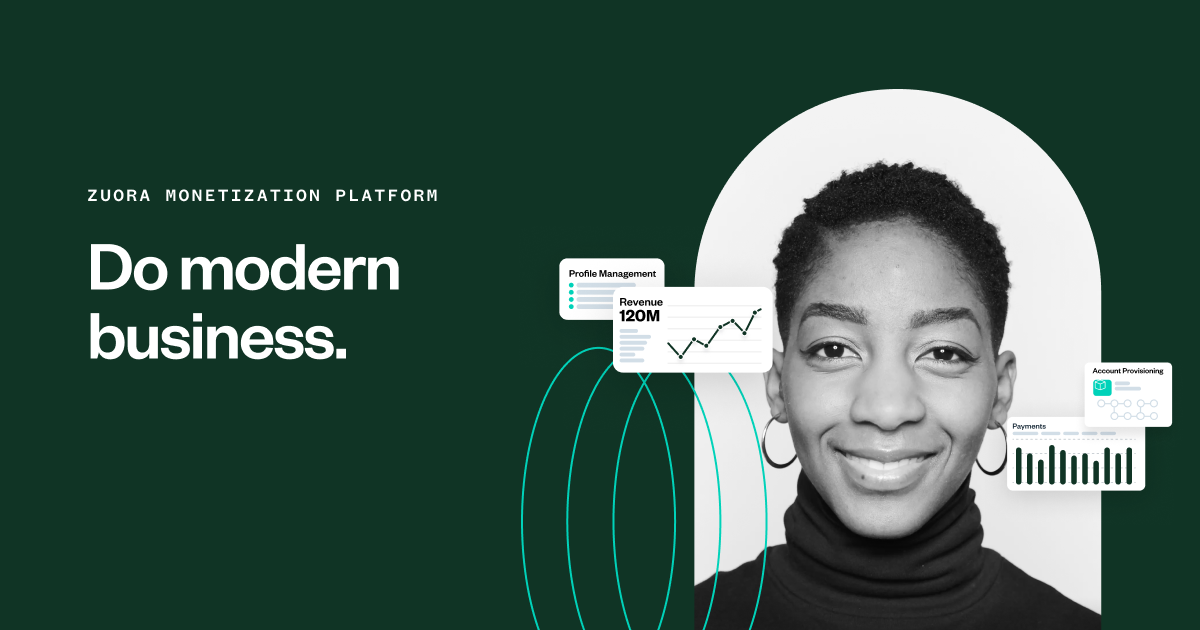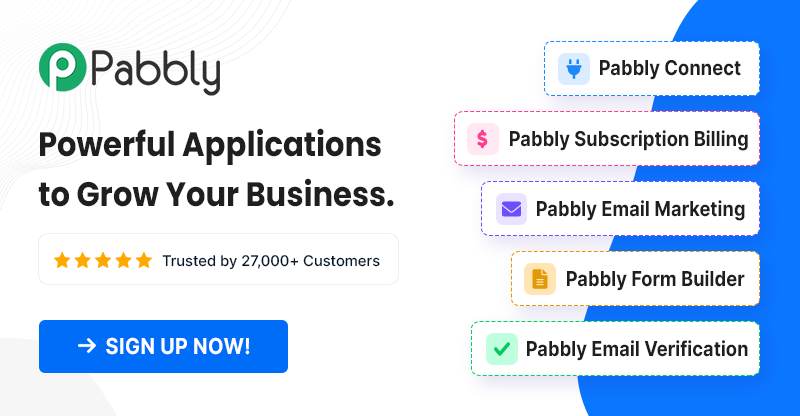Introduction
Subscription business models have surged in popularity in recent years as they provide a reliable source of recurring revenue for companies. However, effectively managing subscriptions, billing, payments and entitlements can become complex, especially at scale. That’s where subscription management platforms come into play. These all-in-one solutions automate key subscription workflows to help businesses scale while retaining high customer satisfaction.
Methods of Evaluation
To choose the best solutions, we evaluated each platform based on features, pricing, ease of use and customer reviews. We also factored in metrics like number of backlinks, website traffic, keyword search trends and client portfolio to gauge popularity and market penetration. Platforms needed robust subscription billing, flexible pricing tools, and robust integrations to make our list of the top 15 options.
1. QuickBooks Online
QuickBooks Online is Intuit’s flagship online accounting and financial management software for small businesses. Used by over 4 million businesses worldwide, QuickBooks Online seamlessly handles bookkeeping, invoicing, tracking expenses and time, generating reports, managing payroll, paying taxes, and more from any browser or mobile device. It is one of the most popular accounting software packages for small businesses looking for an easy to use platform without the hassle of desktop software.
Pros: Key advantages of QuickBooks Online include:
– Industry leading accounting software purpose built for small businesses
– Core subscription billing functions built directly into the familiar QuickBooks platform
– Robust bookkeeping, invoicing, expense and time tracking tools for comprehensive financial management
Cons: A potential disadvantage is that as a cloud-based solution, QuickBooks Online requires an internet connection to access files and functionality compared to local desktop alternatives.
Pricing: QuickBooks Online pricing starts from $20/month (plus tax) for the Simple Start plan with basic invoicing and accounting capabilities. The Plus plan is $35/month and the Advanced plan is $100/month, both adding on additional features like inventory tracking, custom reports, time tracking etc. There are also options for annual payments at a discounted rate.
Some key stats about QuickBooks Online include:
– Used by over 4 million small businesses globally
– Integrates with over 3000+ apps for additional functionality
– Offers subscription plans starting from $20/month for the simplest plan up to $100/month for advanced features
2. Cvent Subscription Management
Cvent Subscription Management is a subscription management software provided by Cvent, a leading event management platform. Cvent Subscription Management allows organizations to launch, manage, and grow subscription business models across multiple products and packages.
Pros: Key advantages of Cvent Subscription Management include:
– End-to-end solution optimized for the events industry
– Integrated with the Cvent events platform for a seamless experience
– Highly customizable packages and flexible pricing models
Cons: A potential disadvantage is that as a more full-featured solution, Cvent Subscription Management may have a higher total cost of ownership compared to simpler subscription management software options.
Pricing: Cvent Subscription Management pricing varies depending on features, packages, and volume but starts at $99 per month for the basic package.
Some key stats about Cvent Subscription Management include:
– Manages subscriptions for over 10,000 customers globally
– Processes millions of subscriptions worth billions of dollars annually
– Integrated with the full-featured Cvent events platform
3. BigCommerce
BigCommerce is one of the leading ecommerce platforms for online stores. Founded in 2009, BigCommerce has its headquarters in Austin, TX and powers over 60,000 online stores globally. BigCommerce offers a full-featured ecommerce platform that allows merchants to build beautiful online stores and seamlessly integrate with over 1000+ extensions.
Pros: Some key advantages of BigCommerce include:
– Robust pricing, subscription commerce and billing functionality to handle complex digital subscriptions at scale
– Leading headless commerce capabilities that allow merchants to build stores across multiple touchpoints like mobile apps, voice and IoT devices
– Simple and flexible drag-and-drop page builder for merchants to design stunning storefronts
– Extensive developer tools and APIs to customize and integrate the platform
Cons: One potential disadvantage is that the higher-priced plans may not be suitable for smaller merchants on a budget.
Pricing: BigCommerce offers several paid plans starting from $29.95/month for Standard plans to $299.95/month for Enterprise plans. They also offer a free 14-day trial.
Some key stats about BigCommerce include:
– Powers over 60,000 online stores globally
– Processes over $30 billion in annual sales
– Serve merchants in over 120 countries
– Integrates with over 1000+ extensions to expand features
4. Xero
Xero is online accounting software that helps small businesses and accountants manage their financials. Founded in 2006 and headquartered in Wellington, New Zealand, Xero provides cloud-based accounting software and services for small businesses worldwide. With over 3 million subscribers globally, Xero is one of the most popular online accounting solutions for small and mid-sized businesses.
Pros: Some key advantages of Xero include:
– Popular online accounting software ideal for international growth
– Core billing capabilities within financial platform
– Robust bank feed integrations and multi-currency support
Cons: A potential disadvantage is that the platform can be more expensive than some other accounting options for very small businesses or sole proprietors with simple financial needs.
Pricing: Xero offers several paid plans starting at $9 per month for a starter plan and scaling up to $75 per month for an accountant plan. Additional user licenses are available. All plans include full features and support.
Some key stats about Xero include:
– Over 3 million subscribers worldwide
– Available in over 180 countries
– Integrates with over 1,000 apps in Xero’s marketplace
– Processes over $1.8 trillion in annualized transaction volume
– Widely used by accountants, bookkeepers, and other finance professionals
5. FreshBooks
FreshBooks is subscription accounting software designed for small businesses and freelancers. Since 2004, FreshBooks has been helping self-employed professionals and small teams manage their finances. With over 12 million users worldwide, FreshBooks has become one of the most popular accounting software options for small businesses. FreshBooks provides tools for invoicing, bill payments, receipt capture, time tracking, and expense reporting all in one easy-to-use platform.
Pros: FreshBooks stands out for its simplicity yet powerful features. Key advantages include: – Simple and easy to use interface – Seamless recurring invoicing, time tracking and expense functionality – Robust mobile apps for iOS and Android allow for easy time logging on the go – Robust reporting and analytics for business insights – Integrations with over 450 third party apps like PayPal, Stripe, QuickBooks and more – Affordable pricing plans starting at just $15/month
Cons: One potential downside is that the basic paid plan lacks more advanced features found in higher cost enterprise accounting software like invoicing customization, budgeting tools or support for multiple currencies. However, for many small business owners just starting out the basic features are more than sufficient.
Pricing: FreshBooks offers 3 main pricing plans: – FreshBooks Free – Perfect for freelancers just starting out with basic invoicing and estimates. – FreshBooks Fresh – Starting at $15/month which provides additional features like advanced reporting, unlimited clients, time tracking, etc. – FreshBooks FreshTeam – Ideal for agencies and businesses starting at $25/month and provides additional tools like role-based permissions, custom branding on invoices, multi-user support, etc.
Some key stats about FreshBooks include: – Over 12 million users worldwide – Send over 100 million invoices per year – Users in over 150 countries – Top rated accounting software on both the App Store and Google Play – 24/7 customer support
6. GoCardless
GoCardless is a leading fintech company focused on helping businesses accept recurring payments directly from their customers’ bank accounts globally. Founded in 2011 and headquartered in London, GoCardless is dedicated to making recurring payments easier for merchants and their customers.
Pros: Some key advantages of using GoCardless include:
– Leading subscription payment provider in Europe with proven success processing millions of transactions each year
– Powerful features for automating bank debit collection globally including recurring and one-off payments
– Strong bank account-based payments solution for businesses looking to expand internationally
Cons: One potential disadvantage is that bank debits can take slightly longer to process than card payments due to the additional banking steps involved. However, GoCardless has optimized their processes to ensure over 95% of payments succeed on the first attempt.
Pricing: GoCardless pricing starts from 1% + £0.20 per successful bank debit transaction. There are no setup fees or cancellation penalties. Additional optional features such as integrated reporting, customer portal and payment retries are available on premium plans starting from £49/month.
Some key stats about GoCardless:
– Processes over $15 billion in payments per year
– Works with over 55,000 businesses globally including Dropbox, Tandem, and Tide
– Active in over 30 countries including major European markets as well as Australia, Canada and the US
– Over 95% of payments processed succeed on the first attempt
Online Payment Processing Solutiongocardless.com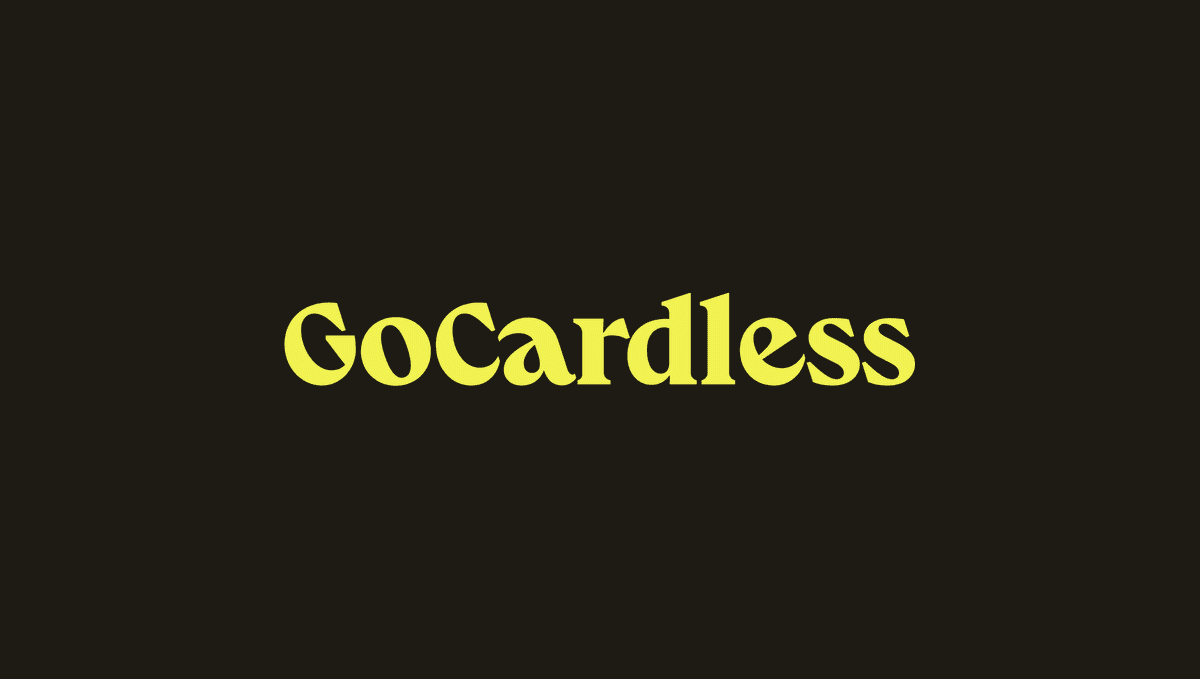
7. FastSpring
FastSpring is a full-service ecommerce platform that allows software companies to manage digital sales, subscriptions, billing and payments. Founded in 2008, FastSpring serves over 1,500 customers globally across various industries including SaaS, digital media and online education. Their platform is focused on streamlining the entire subscription management process for software businesses.
Pros: Some key advantages of the FastSpring platform include:
– End-to-end ecommerce and subscription management platform built specifically for software companies
– Built-in payments, billing and fraud protection to securely take payments
– Highly customizable packages, promotion tools and pricing options
Cons: One potential disadvantage is that the platform lacks some advanced technical features found in other competitors which may not suit more complex business needs. However, for most SaaS and digital subscription-based businesses, FastSpring offers a comprehensive yet easy-to-use solution.
Pricing: FastSpring offers flexible monthly and annual pricing plans. Standard pricing starts from 2% + $0.30 per transaction with no setup fees or long term contracts required. Additional add-ons and premium features are also available for more advanced functionality.
Some key stats about FastSpring include:
– Over 1,500 customers globally across industries
– Processes over $3 billion in transactions annually
– Manages subscriptions for over 10 million end users
– Integrates with payment processors like PayPal, Stripe and Authorize.Net
8. Paddle
Paddle is a leading global payment provider and merchant of record specifically catered towards SaaS and digital businesses. Founded in 2011 and headquartered in London, UK, Paddle helps thousands of companies take care of operational complexities around revenue like processing payments, achieving compliance with global taxes and handling subscriptions so that they can focus their efforts on growth and product development.
Pros: Some of the key advantages of using Paddle include:
– Robust payment processing capabilities alongside powerful subscription billing and management tools
– Provides a merchant of record service allowing businesses to focus on product vs payment compliance
– Strong fraud prevention tools and analytics to minimize chargebacks and other losses
– Extensive API allowing seamless integration with existing systems and workflows
– Global operations and localization across tax, language and currencies
Cons: One potential disadvantage is that Paddle charges transaction and monthly platform fees, so it may not be cost effective for lower volume businesses. However, for most established SaaS companies, the value it provides usually outweighs any incremental costs.
Pricing: Paddle pricing consists of a monthly platform fee starting from $99 per month for lower volume plans up to an Enterprise plan with custom pricing. Additionally, it charges a transaction fee per successful payment processed typically between 1-3% plus any applicable taxes.
Some key stats about Paddle include:
– Processes over $2 billion in transactions annually
– Supports over 50 currencies and global payment methods
– Handles billing and subscriptions for over 10,000 businesses
– Maintains a 99.99% uptime SLA on its platform
9. Harvest
Harvest is a time tracking and project management software that helps firms stay on top of billable hours and project profitability. In business since 2006, Harvest has grown to serve over 73,000 customers worldwide. The software offers time tracking, invoicing, expense management, and team collaboration tools to help businesses of all sizes be more productive and profitable.
Pros: Some key advantages of Harvest include:
– Powerful time tracking that helps users and managers see where time is spent
– Automated invoicing to help businesses get paid faster
– Project management features to keep teams organized
– Wide app and software integrations to streamline workflows
– Robust reporting and analytics for deeper project insights
Cons: One potential disadvantage of Harvest is that it is missing some advanced project management features found in competitor software like project hierarchies, milestones, and Gantt charts. It is more focused on time tracking than full project management.
Pricing: Harvest offers three pricing tiers:
– Free Plan: For up to 2 users with limited features
– Plus Plan: $12/user/month billed annually with full features
– Premium Plan: $24/user/month billed annually with additional admin controls and support
Some key stats about Harvest include:
– 73,000+ customers worldwide
– Used across 165 countries
– Integrates with over 150 apps including QuickBooks, Xero, Dropbox, and Slack
– Mobile apps available for both iOS and Android
10. Lumen5
Lumen5 is a video creation platform that uses artificial intelligence and machine learning to turn text into professional-quality video content. Founded in 2015, Lumen5 automates the video production process, allowing marketers and businesses to create customized videos without any design or video editing skills.
Pros: Key advantages of Lumen5 include:
– Fast video creation – Users can create high-quality videos in just minutes from written text or PowerPoint slides.
– Customizable videos – Different styles, templates, graphics and animations can be selected to match branding.
– Automatic narration – The AI handles inserting the correct pacing and intonation when narrating the generated video.
Cons: A potential disadvantage is the inability to fully customize videos through advanced editing tools since Lumen5 aims to automate most of the video production process.
Pricing: Lumen5 offers customizable pricing plans starting from free versions for individuals up to enterprise plans for large businesses. Subscription packages begin at $49/month and increase based on team size and video output requirements. All plans include unlimited video uploads and storage.
Some key stats about Lumen5 include:
– Processes over 3 million words into videos each month
– Over 300,000 videos have been created on the platform
– Customers include companies like Anthropic, Netflix and Microsoft
11. Close.io
Close.io is an all-in-one CRM and billing software aimed at SMBs and sales teams. Close provides tools for contact management, pipeline tracking, billing and more in a single platform. Founded in 2012, Close today serves over 15,000 customers around the world with their free and paid subscription plans.
Pros: Some key advantages of Close include: – All-in-one platform for CRM, billing and more with a clean, streamlined interface – Seamless pipeline management to track opportunities from lead to won/lost – Good option specifically tailored for SMB sales teams needing core CRM functionality
Cons: A potential disadvantage is that the free plan has limited functionality so smaller teams may outgrow it quickly requiring an upgrade to paid plans.
Pricing: Close offers three pricing tiers – Basic ($15/user/mo), Pro ($25/user/mo) and Enterprise (custom pricing). All plans include core CRM features while higher tiers provide additional functionality like custom objects, dedicated support and larger data import limits.
Some key stats about Close include: – Over 15,000 customers globally across various industries – Integrates with over 150 apps including Google Workspace, Slack, Zapier and more – Available on all major platforms including web, iOS and Android apps
12. Chargebee
Chargebee is a subscription billing and recurring revenue management platform for SaaS and software businesses. It offers an all-in-one platform to automate subscription setup, billing, collection, add-ons, upsells and compliance.
Pros: Some key advantages of Chargebee include:
– Powerful yet affordable platform ideal for fast growing subscription businesses
– Easy to set up and deploy with a user-friendly dashboard
– Strong set of integrations allowing it to work seamlessly with other tools
Cons: One potential disadvantage is that the pricing can get more expensive for very large enterprises with millions of subscribers.
Pricing: Chargebee offers transparent usage-based pricing plans starting from $49/month for the Essentials plan (up to $249/month), up to custom Enterprise plans for the largest businesses.
Some key stats about Chargebee include:
– Used by over 2,900+ companies worldwide
– Supports over 30 different payment gateways
– Over 250 integrations with other business apps and services
13. Zuora
Zuora is a leading provider of subscription management and billing solutions. Founded in 2007, Zuora’s flexible, cloud-based platform supports a variety of subscription and usage-based business models. With over 1,000 customers worldwide across industries like software, media, manufacturing and telecommunications, Zuora manages billions of subscriptions and processing trillions of dollars in transactions.
Pros: Some of the key advantages of the Zuora platform include:
– Enterprise-grade solution perfect for high-volume subscription businesses
– Robust set of subscription billing, pricing, and financial management features
– Advanced analytics and revenue recognition capabilities
– Flexible platform that can support a variety of pricing and billing models
Cons: One potential disadvantage of the Zuora platform is its cost compared to some smaller competitors. However, for large enterprises with complex subscription needs the platform provides robust functionality to justify the expense.
Pricing: Zuora offers flexible pricing plans tailored to business needs. Basic plans start at $250/month for the Zuora Billing edition. Enterprise plans with additional capabilities like Revenue and Usage start at $2,000/month. Custom quotes are also available for larger deployments.
Some key stats about Zuora include:
– Manages over 1 billion subscriptions globally
– Processes trillions of dollars in transactions annually
– Over 1,000 customers worldwide including names like Amazon, BMW, Expedia and Philips
– Founded in 2007 and headquartered in San Francisco
14. FreeAgent
FreeAgent is cloud-based accounting software tailored for UK freelancers and small-to-medium businesses. In business since 2006, FreeAgent helps over 45,000 customers manage their finances from anywhere. The software integrates recurring billing, mobile apps, and HMRC compliance tools like Making Tax Digital (MTD) filing.
Pros: Key advantages of FreeAgent include:
– Cloud-based for easy access from any device
– Intuitive interface makes accounting simple
– Strong focus on UK compliance with tools like Self Assessment and MTD VAT reporting
– Recurring billing and expense tracking built-in
Cons: A potential disadvantage is that FreeAgent is tailored mainly for UK users due to its focus on UK tax compliance. It may not be the best fit for businesses operating primarily outside of the UK market.
Pricing: FreeAgent offers 4 pricing tiers:
– Free plan for up to 2 users and £6,000 revenue
– Startup at £6/user/month for up to 5 users and £30,000 revenue
– Growth at £12/user/month for up to 10 users and £100,000 revenue
– Premier pricing available for larger teams and revenues
Some key stats about FreeAgent include:
– Over 45,000 customers
– Founded in 2006
– Provides accounting software, invoicing, expenses and MTD VAT filing
15. Pabbly
Pabbly is an all-in-one subscription management platform built for creators to help manage subscribers, recurring billing and content delivery. Founded in 2018, Pabbly helps over 10,000 customers automate their recurring revenue business. The platform offers features like email marketing, CRM, lead generation, subscriptions, recurring billing and analytics all in one place.
Pros: Some key advantages of using Pabbly include:
– All-in-one suite that handles CRM, email marketing, subscriptions and billing without needing multiple tools
– Subscription tools and templates optimized specifically for creators
– Fast and easy setup that gets users up and running with the essentials within minutes
Cons: One potential disadvantage is that as an all-in-one solution, some users may prefer to piece together their own best-of-breed stack from individual point solutions.
Pricing: Pabbly offers tiered pricing plans starting from $49/month for individuals and creators. Larger teams and businesses can opt for custom enterprise plans suitable for their needs.
Some key stats about Pabbly include:
– Over 10,000 customers worldwide
– Processes over $150M in annual recurring revenue
– Integrations with 50+ apps like Shopify, WordPress, and more
Conclusion
Whether you’re just starting out or an established business, there are powerful yet affordable subscription management platforms that can take the complexity out of recurring revenue. By automating billing, collections and entitlements, these solutions help scale customer lifetime value while retaining high satisfaction. For thriving in today’s subscription economy, platforms like Chargebee, Zuora and Pabbly provide the tools to boost recurring cashflows sustainably.




